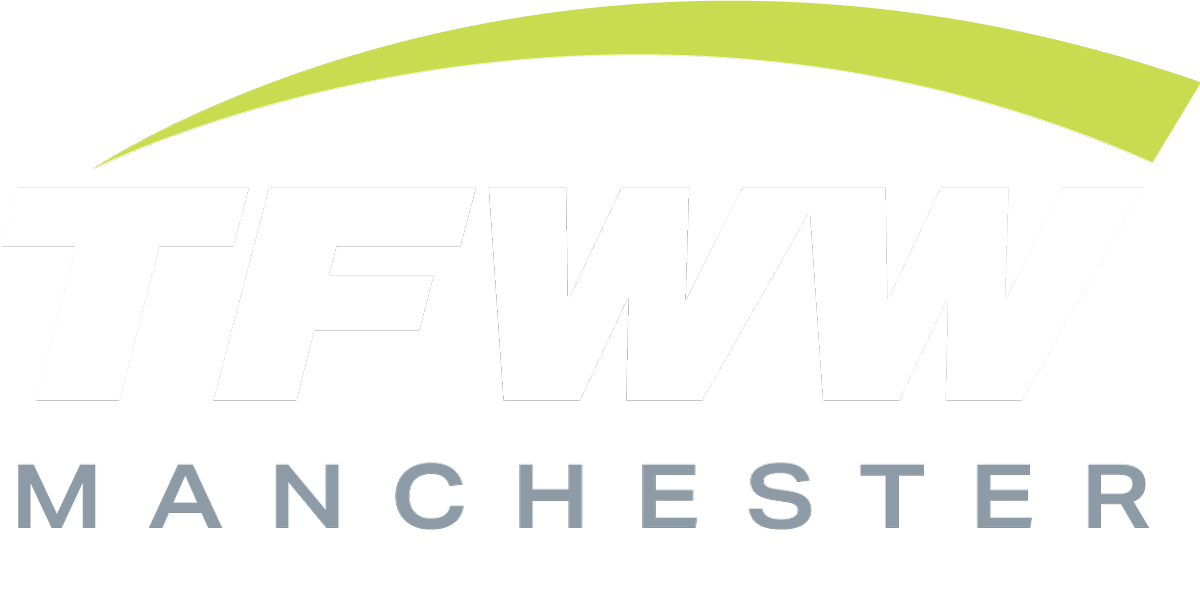How Do I Determine My INCO Term?
You’re importing product for your business. One of the most important decisions you’ll make is what INCO term you use for your shipment. INCO terms are trade terms published by the International Chamber of Commerce (ICC) that are commonly used in international trade contracts. These 3-letter terms are important because they define the tasks, costs, and risks associated with the transportation and delivery of goods. INCO terms create a common ground for international trading partners to establish who pays for what.
Choosing the wrong INCO term can result in costly delays with customs, ugly disputes with international trading partners, expensive warehousing fees, lost inventory, missed deliveries, loss of payment and worst of all unsatisfied customers. Therefore, it’s important to be informed and make the best choice for your particular shipment.
Here are some of the most common terms broken down into simple explanations:
EXW - Ex Works (named place of delivery)
This term puts maximum obligation on the buyer and minimum obligations on the seller. Under this term the seller is only responsible for making the goods available for pickup at their location. This is a term often used for quoting purposes before any shipping terms have been worked out.
CFR - Cost and Freight (named port of destination)
This term splits obligations between the buyer & the seller. The seller is responsible for getting the goods to the port of destination. This includes export customs declaration, carriage to the origin port, loading the vessel and carriage to the destination port. Insurance (if required) and everything else is the responsibility of the buyer.
CIF - Cost, Insurance & Freight (named port of destination)
This is the same as CFR but transfers the obligation of insurance from buyer to seller.
DAT - Delivered At Terminal (named terminal at port or place of destination)
This term takes CIF one step further. Seller is responsible for unloading in port of import. In this case “terminal” can be a Port, Airport, or inland freight interchange (rail facility) -- basically, any facility that can accept the freight counts. On a DAT shipment, the responsibility of insurance can fall on either the buyer or the seller.
DAP - Delivered At Place (named place of destination)
DAP terms require the seller to be responsible for the shipment up to the point of unloading at the buyer’s facility -- basically everything up to the buyer’s door. The buyer would only be responsible for import customs clearance, duties & taxes.
DDP - Delivered Duty Paid (named place of destination)
This term puts maximum obligation on the seller (including import customs clearance, duties & taxes) and minimum obligation on the buyer. The buyer just needs to accept and unload the shipment at his/her named facility.
Hopefully this helps to clarify INCO terms for your next international transaction. If you have any further questions about this or any other freight related subject, please feel free to get in touch directly, or submit a comment below.
Looking for a reliable, experienced freight broker who can take everything off your plate and always find you the best rates?
